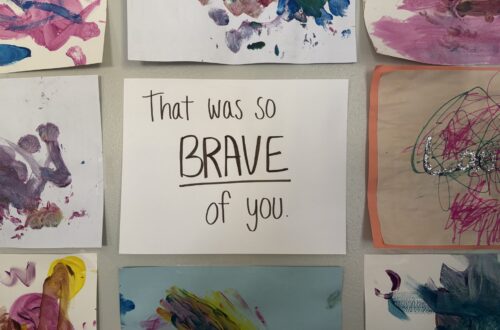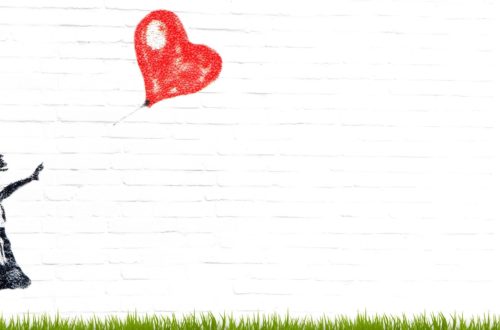
Why We Need Each Other
A version of this article was first published by Psychology Today. Read it here.
Why and How to Build Community:
I didn’t realize how important relationships were until I started digging into the research behind mental and emotional wellbeing. Turns out, our relationships, more than anything else, set the stage for our health, happiness, and well-being. The practice of living in community and serving one another is an important practice within the church and weaved throughout pages of Scripture.
Research indicates that the quality of our social relationships affects a range of health outcomes, such as our mental health, physical health, and mortality risk (Umberson & Montez, 2010). These relational effects start in early childhood and lead to cascading effects throughout life, which can either positively or negatively impact our health and development. We are relational beings in nature, and when we’re isolated or detached from a community, our health and mental health can quickly take a toll. Life is hard enough on its own. We’re not meant to go about it alone.
Interpersonal neurobiology
Research within the field of interpersonal neurobiology sheds light on our biological need for community. Thanks to the work of Dan Siegel and others, we learn the degree to which our minds themselves are both embodied and relational. In other words, what we experience in our minds is highly influenced by our relationships and shared connections with others. Our network of social supports serves as the most profound predictor of our health and well-being.
In other words, our diet, how often we journal, or the number of daily positive affirmations we repeat isn’t nearly as important as the community we surround ourselves in. The social connections we have (or don’t have) can literally shape the physical structure and development of our brains, leading to integrated or disintegrated mental states. As Siegel notes in Aware, “Relationships are not icing on the cake; they are the cake. In fact, they are the main course as well as the dessert.”
Here are some tips on how to build community:
Build it.
In order to benefit from a community, we have to be intentional about creating and maintaining one. This includes all you introverts, too, myself included. For even we need regular social interaction with others. This means stepping out and starting new conversations, joining a new group, going out to lunch with co-workers, or re-connecting with old acquaintances. Although COVID-19 precautions can make this challenging, we can still further our connections virtually.
One of the best ways to do this, it seems, is through the phone. According to a study with the University of Texas at Austin, phone calls produced feelings of connectedness between two people, more so than emails or texts. My tendency is to send text out to people, because I really do feel awkward on the phone. But I would agree, that receiving a phone call from someone over a text does wonders at making me feel connected. I’m not concerned as much with how the other person sounds as I am with the thoughtfulness of the call itself.
Embrace vulnerability.
In addition, the quality of our relationships often depends on how willing we are to be vulnerable with others and the degree to which we can respect others’ vulnerabilities. According to Brene Brown, vulnerability refers to the feeling we experience during times of uncertainty, risk, or emotional exposure. And genuine, authentic friendships and relationships often require these emotional risks.
If we want to experience deeper relationships and shared connections with others, we have to be willing to share our struggles, hopes, and needs with those we come to know and trust. The vulnerability arises when we let our most authentic selves be truly seen and known by others, which is both the antidote to shame and bedrock for trust and connection.
Take the small steps.
Building a community doesn’t mean we have to befriend every new person we see or fill up all our weekends with social encounters. This is something I’ve recently learned. A sense of community can be nurtured by taking small steps, like starting a conversation with your neighbor, checking in on a new co-worker, or stopping to say “hi” to a custodian.
One of my favorite ways to end my afternoons at work is to check in and say good-bye to the lady who cleans our building. One of my favorite parts about church is the “passing of the peace” which gives me the chance to smile at and wave at new faces. It doesn’t take much, but these simple encounters can go a long ways. Building a sense of community starts with small, intentional acts of kindness and acknowledgment towards others.
With feelings of isolation and mental health problems on the rise, now, more than ever, it’s important to be intentional about connecting with our community. If indeed our relationships serve as the foundation for our health, happiness, and well-being, they deserve the time, energy, creativity, and sacrifice needed to strengthen and maintain them.




